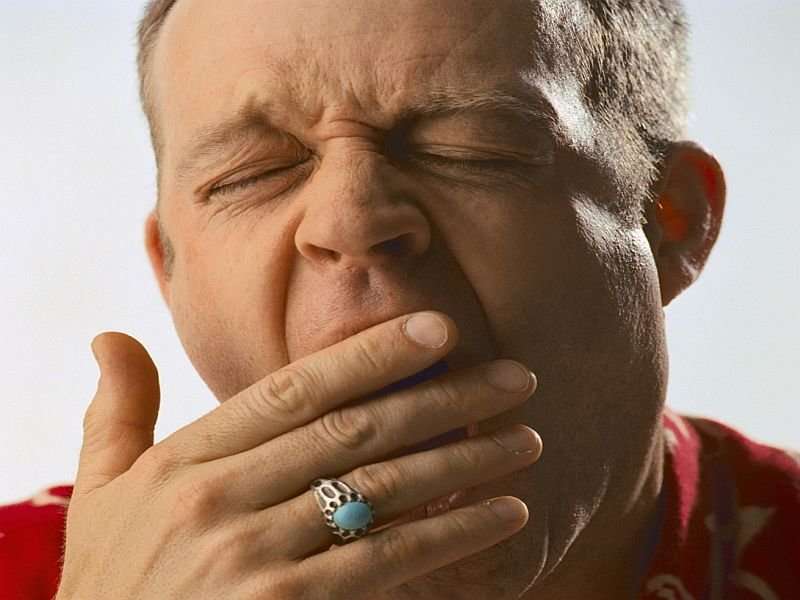(HealthDay)—For patients with Parkinson's disease (PD) and excessive daytime sleepiness (EDS), sodium oxybate seems effective and well-tolerated, according to a study published online Nov. 6 in JAMA Neurology.
Fabian Büchele, M.D., from University Hospital Zurich in Switzerland, and colleagues conducted a randomized trial involving 12 patients with PD and EDS. Patients were randomized to a treatment sequence (sodium oxybate followed by placebo or placebo followed by sodium oxybate); 11 patients completed the study.
The researchers found that sodium oxybate improved EDS as measured objectively (mean sleep latency, +2.9 minutes) and subjectively (Epworth Sleepiness Scale score, −4.2 points) among the 12 patients in the intention-to-treat population. Eight patients exhibited a positive treatment response defined electrophysiologically. Significant improvement in subjective sleep quality and objectively measured slow-wave sleep duration (+72.7 minutes) were seen with sodium oxybate. In the per-protocol analysis, the differences were more pronounced. Sodium oxybate was generally well-tolerated, but it induced de novo obstructive sleep apnea in two patients and parasomnia in one patient; these patients did not benefit from treatment.
"Special monitoring with follow-up polysomnography is necessary to rule out treatment-related complications and larger follow-up trials with longer treatment durations are warranted for validation," the authors write.
Several authors disclosed financial ties to pharmaceutical companies, including UCB Pharma, which partially funded the study.
More information: Abstract/Full Text
Journal information: Archives of Neurology
Copyright © 2017 HealthDay. All rights reserved.























